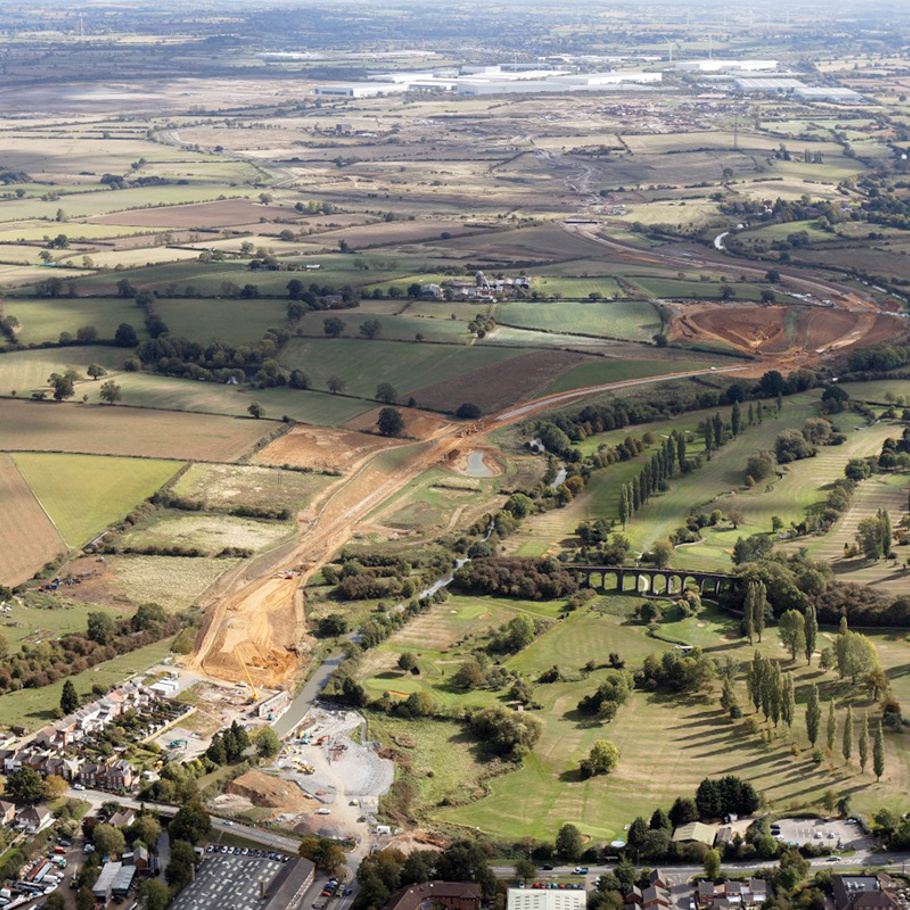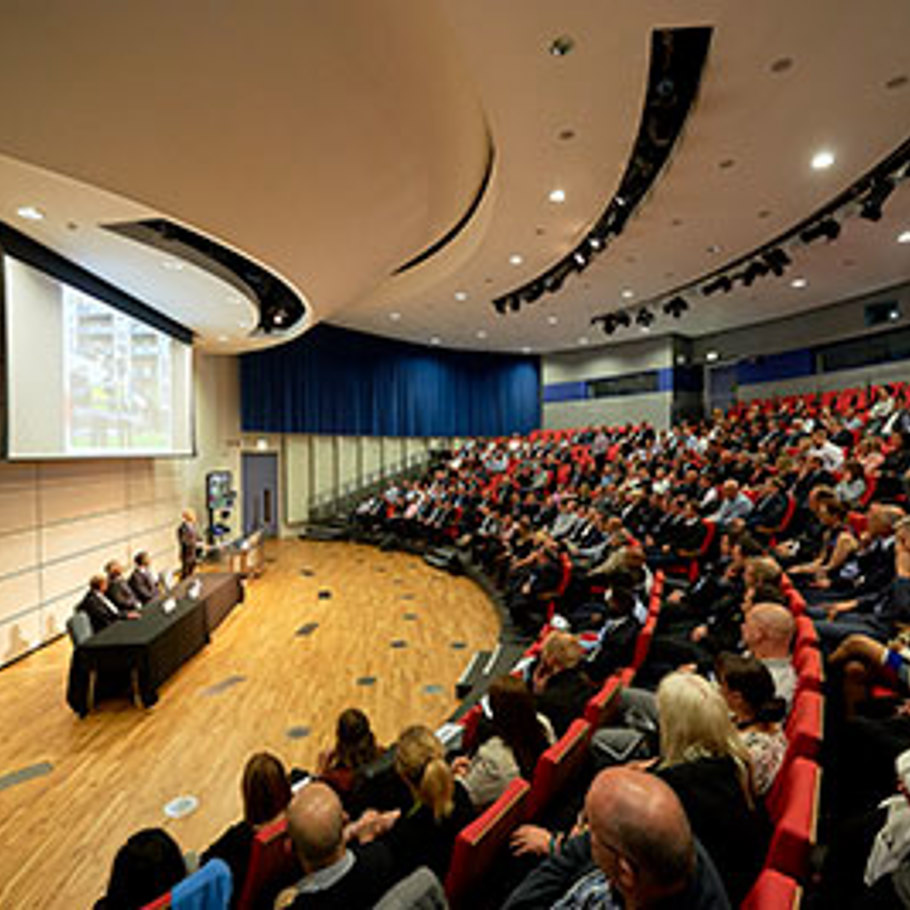Date 15 Jul 2020
Galliford Try Holdings plc ("Galliford Try"), the UK construction group, today provides the following update on trading for the year ended 30 June 2020. The Group expects to announce its results for the full year in September 2020.
Highlights
- All our construction sites across the UK are now operational with underlying operations performing well.
- Well-capitalised, with cash at 30 June 2020 of £195m (2019: net debt £57m) and average month-end cash during the six months to 30 June 2020 of £140m.
- Strong order book up 10% at £3.2bn (2019: £2.9bn) with 90% of revenue for the new financial year secured (2019: 88%) and encouraging pipeline in chosen sectors.
Operational and trading update
The Group responded quickly and decisively to the Covid-19 pandemic. The Group’s prior investment in smart and agile working facilitated a seamless transition to remote and efficient working practices.
Health and safety remains our top priority. All our sites have implemented new operating procedures, in accordance with Government and industry guidance, to ensure the safety of all employees, subcontractors and others attending our sites. Early in the pandemic we established a Covid-19 Working Group, to establish clear new working practices and share good practice across the Group.
The majority of the Group’s construction sites in England continued operations under strict safety guidance throughout the Covid-19 lockdown. All sites in Scotland were closed in accordance with Scottish Government requirements. Work was allowed to resume in Scotland from late June and production across the UK is now normalising.
The Group made use of the Government’s Job Retention Scheme during the period and the majority of affected employees have now returned to work. In addition to the measures implemented following the disposal of our housebuilding operations, the Group has initiated a number of other actions to reduce costs and conserve cash in the business to account for both the impact of Covid-19 and our future business requirements. This included, in response to Covid-19, temporary salary reductions of between 15% and 25% for our most senior employees.
As expected, the combination of site closures and reduced productivity significantly reduced revenue in the final quarter of the financial year. Along with the cost of implementing our new operating procedures and lengthened site programmes, this has led to a material reduction in gross margin in the financial year to June 2020, with divisional operating margins expected to show a loss of c5%. Productivity levels on our sites have gradually increased since the beginning of the lockdown, and we start the new financial year with productivity close to normal and operating margins expecting to improve in line with our target.
Throughout the lockdown we have been encouraged by the pipeline of new opportunities across our chosen sectors in the public, regulated and private markets together with a number of significant contract wins.
Recent major contract wins include:
- a place on the £20bn Crown Commercial Service's Construction Works and Associated Services Framework,
- a place on the £1.5bn YORbuild Major Works Contractors Framework in the north of England,
- £100m of education facilities including the £42m National Manufacturing Institute Scotland for the University of Strathclyde,
- an £85m mixed-use development at Tottenham Hale, London, and
- the new £54m women's national prison facility at Cornton Vale, Stirling.
Balance Sheet
Galliford Try remains a well-capitalised business, with net cash balances at 30 June 2020 of £195m.
Since January 2020, the Group has operated with net cash, and with no debt or associated covenants. Cash management remains a key priority for the Group, and our strong financial position has been carefully managed through the Covid-19 disruption. The average month-end cash for the six months to 30 June 2020 was £140m.
Throughout the pandemic the Group’s businesses have worked closely with our suppliers, ensuring Covid-19 secure practices and prompt payments.
Outlook
On 31 March 2020 the Group suspended financial guidance, in response to the Covid-19 uncertainty.
Although it is too early to restore guidance, the Group has entered the new financial year with a high-quality, carefully risk managed order book of £3.2bn, and with 90% of the new financial year’s planned revenue secured. This gives management confidence in the future as we look to increase operating margins, capitalise on the actions taken to reduce costs and maintain our disciplined approach to contract selection.
The strong order book, with 81% in the public and regulated sectors, and recent Government announcements on capital expenditure mean that the Group is well placed to contribute to the UK’s economic recovery from Covid-19 and to benefit from opportunities in our chosen sectors.
Bill Hocking, Chief Executive, commented:
“Following the disposal of the housebuilding businesses earlier in the year the Group is firmly focused on its core strengths of regional building, highways and environment.
Throughout the Covid-19 pandemic I have been impressed by the energy, commitment and resilience of our employees and subcontractors, as they adapted to the new Covid-19 secure working practices. Their strength of character is exemplary, and I thank them for their efforts.
The financial year just ended was a year of transition for the Group and I am confident about the future for the business. The impact of the global pandemic in the UK continues to be uncertain but innovative ways of working, better use of technology and improving efficiencies have been successfully embedded in our business in response to the crisis. Going forward we are well placed to benefit from the planned spending in our chosen sectors and to support the rebuilding of the economy and I will provide an update on our strategic priorities at results in September.
While these are challenging times, I look forward to the new financial year with confidence. The Group is well capitalised with a strong order book and is well positioned to make progress on its strategic priorities and margin improvement targets.”








